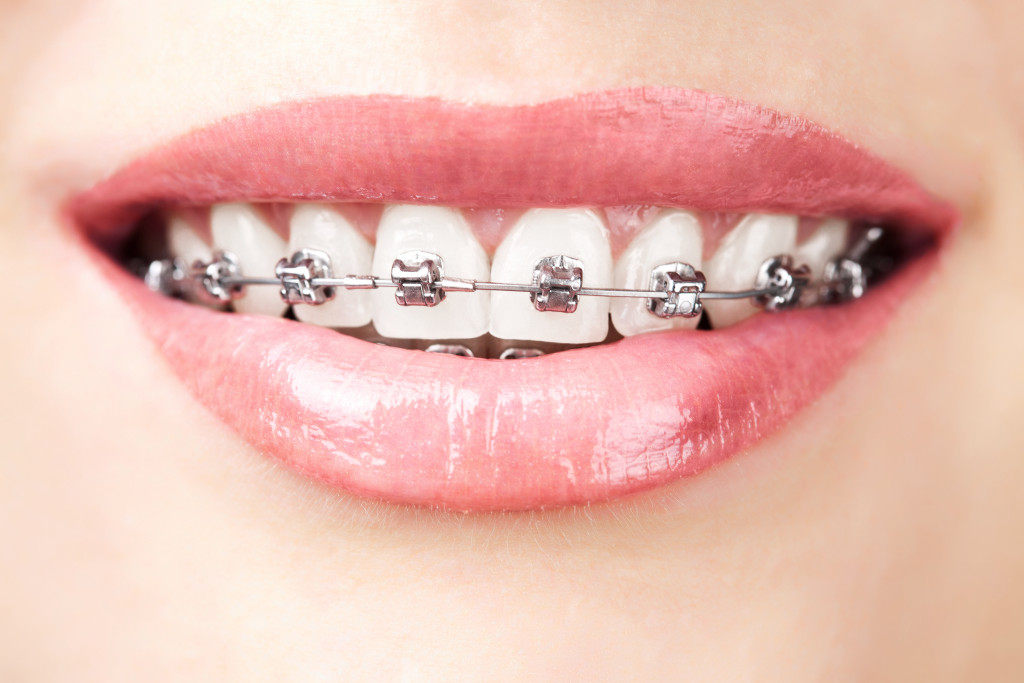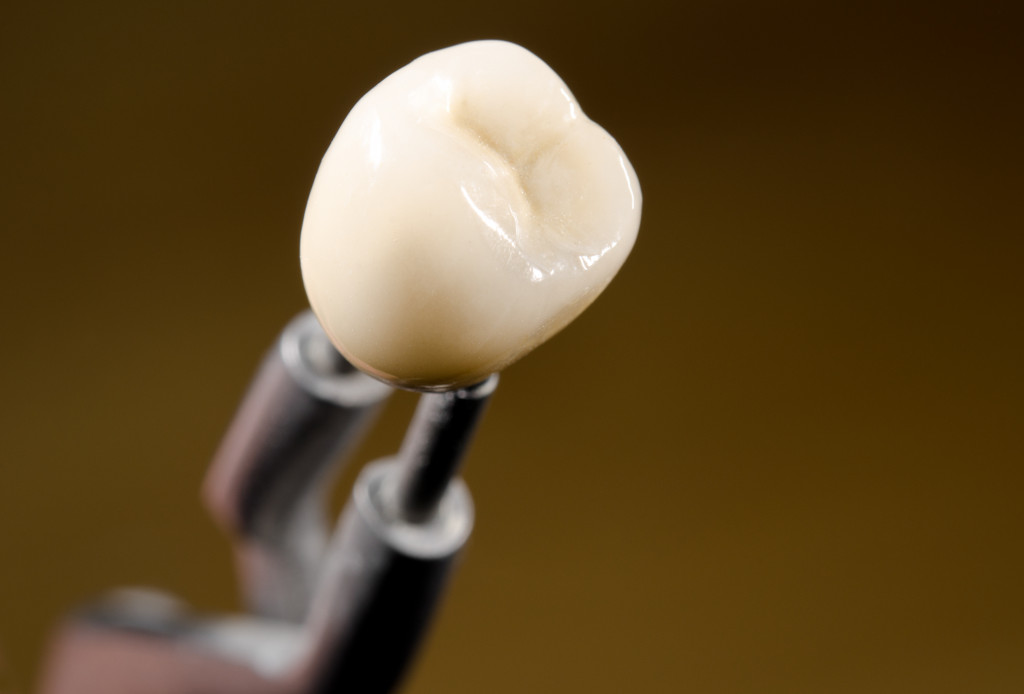- Orthodontic treatment is the most effective way to fix an uneven bite, producing tangible results in two years.
- Fillings and crowns can be used to restore lost surfaces or provide extra support for broken/cracked teeth.
- Occlusal adjustment is a dental procedure designed to bring the bite back into proper alignment.
- TMJ treatment may be necessary to reduce symptoms related to a bite misalignment, such as headaches and neck pain.
An uneven bite can make it difficult to chew food and speak clearly. Fortunately, there are several treatments available to correct this problem. With proper diagnosis and evaluation by a qualified dentist or orthodontist, you can find the best solution for your situation and begin working toward achieving a balanced, healthy smile once again!
Orthodontic Treatment

Orthodontic treatment to fix an uneven bite is a worthwhile investment to keep your teeth and jaw healthy. When considering this type of treatment, you must speak with your orthodontist about which plan best suits your needs. Unbalanced bites can lead to pain, difficulty chewing, and other oral health issues, so intervention is critical for optimal dental health.
Personalized orthodontic treatments like brackets and wires work well in helping close inhibited gaps and creating more symmetrical results, as metal braces tend to offer the most thorough correction. While such treatments often take time, tangible results typically occur within two years.
Fillings & Crowns

Considering whether to get a filling or crown to fix an uneven bite is no small matter. Fixing problems with an individual’s bite can help them chew food correctly, improve their breathing patterns, and experience healthy levels of self-confidence. Fillings are designed to put a surface back into the teeth that have worn away.
Crowns, however, are typically used for teeth that have broken or cracked and need extra support and protection. It is essential to consult a dental professional if any changes to your bite occur, as they can guide you as to which type of restoration might be best for you. In addition, depending on the severity of the problem, your dental professional may suggest other treatments to ensure optimal results from your treatment paths.
Other Available Treatments
Here are some more specific treatments to fix uneven bites:
Occlusal Adjustment
Occlusal adjustment is essential to dentistry, as it helps restore the patient’s bite and provide a more comfortable bite surface. This process involves minor occlusion (bite) changes between the upper and lower teeth, which can help correct problems such as cross bites, overbites, and other bite-related issues.
It is essential to have this procedure done professionally during a visit to the dentist so that any adjustments are made carefully, and any other underlying dental problems are also identified and addressed if needed. Not only will this allow for greater comfort in the dental arches, but it will also ease the stress on the temporomandibular joint.
Proper occlusal adjustment results in improved oral health, better chewing abilities, relief from headaches or neck pain caused by imbalances in how teeth fit together, and enhanced smile aesthetics.
TMJ Treatment
Considering TMJ treatment for an uneven bite is vital to ensure teeth are correctly aligned. TMJ stands for temporomandibular joint and refers to the muscles in and around the jawbone and joints that help regulate chewing. When not treated properly, a misaligned bite can cause soreness in the jaw area, tinnitus, headaches, clicking noises, and difficulty opening or closing the mouth.
The good news is that several treatment options are available to protect your oral health. Depending on the severity of your case, your dentist may suggest physical therapy, dental splints, or orthodontic procedures such as braces or clear aligners to correct your bite and reduce symptoms. Considering all of these factors when considering TMJ treatment will ultimately lead you towards healthy teeth and improved overall quality of life.
Bite Plate Therapy
Bite plate therapy is an effective treatment option for those struggling with uneven bites or malocclusion. To use this treatment, dental professionals must consider multiple factors. Firstly it is essential to compare the patient’s facial structure and jaw shapes to identify where corrections need to be made.
In addition, detailed impressions of the front and back teeth should be taken as this gives dentists a better idea of which muscles are overworking and which are underused in the chewing process. X-rays and CT scans are also helpful for examining jaw joint health before bite plate therapy begins.
Once all the components have been carefully considered, bite plates will be fashioned to help restore alignment between the lower and upper teeth. This type of therapy should only be administered by experienced professionals, as any adjustments must be precise to ensure correct oral health and proper functioning for many years.
Jaw Surgery or Repositioning
Jaw surgery or repositioning is a necessary procedure that involves restructuring the bones in a person’s jaw to correct an uneven bite. It can range from minimally invasive procedures such as reshaping the contours of the teeth and applying braces, to more extensive surgeries requiring major alterations to the jaw.
No matter your preference for treatment, it’s important to consult with a qualified specialist to evaluate one’s specific situation. This will help determine if the existing severity of the issue calls for less invasive or more aggressive solutions. Through careful review and thoughtful consideration of available treatments, individuals have a better chance of achieving a balanced smile with discomfort in both aesthetic and functional ways kept at bay.
These are just some of the treatments available to help those with uneven bites. It’s important to seek guidance from a qualified dentist or orthodontist to make sure you receive the best possible treatment. With proper care and evaluation, you can be sure that your smile is healthy and beautiful for years to come!

